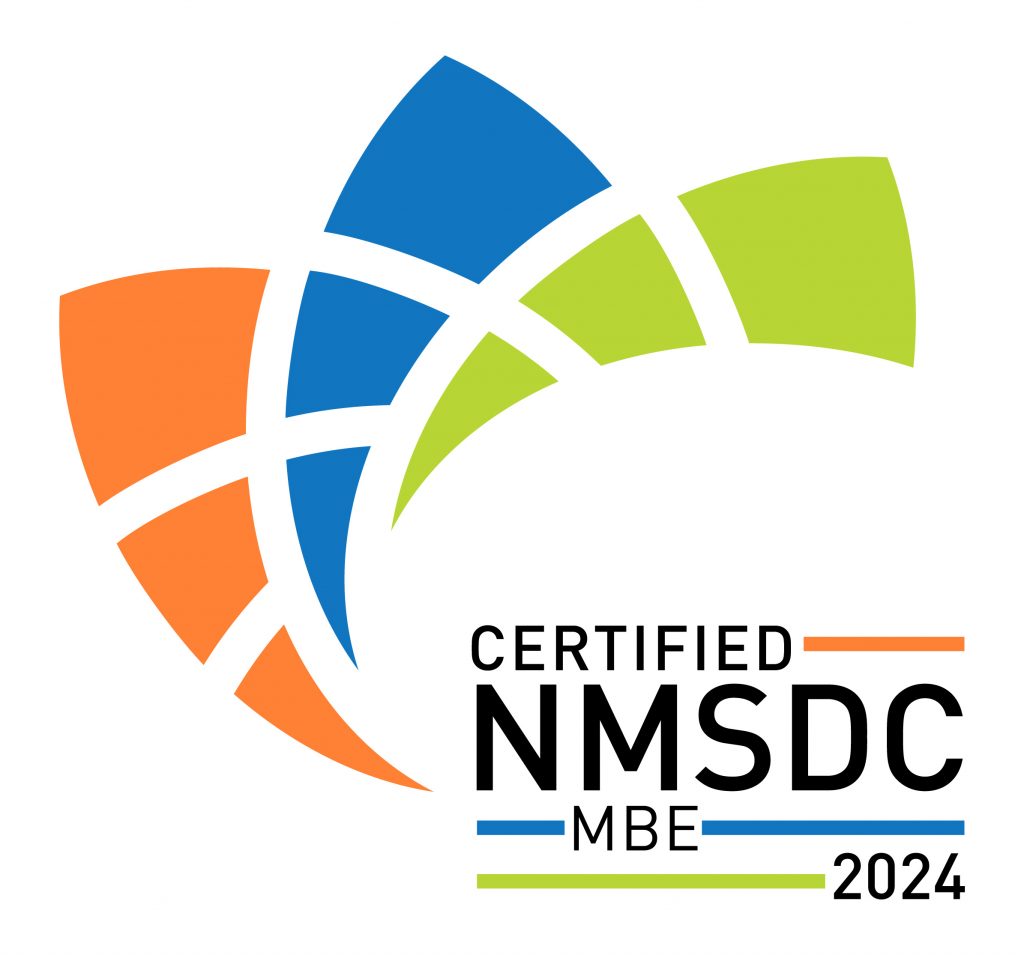- March 21, 2024
How to Choose the Right QA Services Provider for Your Business: Including a Checklist


In today’s competitive market, software quality assurance (QA) is vital for ensuring robust, reliable, and high-performing software solutions. Selecting the right QA services provider is a critical decision, impacting not only your software’s quality but also your team and customer satisfaction.
Key Considerations in Choosing a QA Services Provider
- Expertise and Experience: Evaluate the provider’s technical knowledge, industry experience, and client testimonials. Consider their proficiency in various testing types, including functional, performance, and security testing.
- Testing Methodologies: Understand the methodologies they employ, such as Agile or Waterfall, and how these align with your product development cycle.
- Technology Relevance: Ensure the provider has experience with technologies relevant to your project, enhancing the accuracy and efficiency of the testing process.
- Track Record and Reputation: Research their industry standing, client feedback, and portfolio of successful projects to gauge their reliability and quality of service.
- Cost-Effectiveness: Analyze their pricing structure and evaluate the value offered against the cost. Consider long-term benefits like defect reduction and customer satisfaction
- Communication and Collaboration: Assess their communication skills, responsiveness, and ability to collaborate effectively, ensuring smooth project execution.
- Resources and Infrastructure: Examine their testing tools, technologies, and environment, along with the qualifications and size of their QA team.
- Scalability and Flexibility: Consider their ability to scale operations and adapt to changing project requirements.
- Security and Confidentiality: Ensure they follow secure testing practices and have robust data protection and confidentiality policies.
- Service Level Agreements (SLAs) and Contracts: Review their SLAs and contract terms, focusing on scope of work, KPIs, privacy assurances, and issue resolution policies.
Choosing the right QA services provider is a strategic decision requiring thorough research and careful evaluation. The ideal provider should not only meet your current testing needs but also align with your long-term business objectives, offering efficient, cost-effective, and high-quality software testing services.
It’s important to ask targeted questions to assess their capabilities, compatibility with your project, and overall reliability. Here’s a list of essential questions you can ask:
Experience and Expertise
– How long have you been providing QA services?
– Can you provide examples of similar projects you’ve worked on?
– What certifications or qualifications does your QA team hold?
Testing Methodologies and Technologies
– What testing methodologies do you primarily use (e.g., Agile, Waterfall)?
– How do you stay updated with the latest testing technologies and trends?
– What tools and technologies are you proficient in for software testing?
Project-Specific Experience
– Do you have experience in testing applications in our industry or similar technologies?
– How do you approach testing for a project like ours?
– Can you provide case studies or references from past projects that are similar to ours?
Quality Assurance Process
– How do you ensure the quality and reliability of your testing services?
– What metrics or KPIs do you use to measure testing effectiveness?
– How do you handle bug tracking and reporting?
Communication and Collaboration
– What is your typical communication process with clients during a project?
– How frequently do you provide updates and reports?
– How do you handle urgent issues or changes in project scope?
Cost Structure and Billing
– What is your pricing model (hourly, fixed-price, milestone-based)?
– Are there any additional costs that we should be aware of?
– How do you ensure cost-effectiveness in your QA services?
Security and Confidentiality
– What security measures do you have in place to protect client data?
– Do you have a confidentiality agreement or data protection policy?
– How do you ensure compliance with industry-specific security standards?
Team and Resource Management
– How large is your QA team, and how are tasks typically allocated?
– How do you handle resource scaling for larger or longer-term projects?
– What is the typical turnaround time for a project of our size?
Service Level Agreements and Contract Terms
– What are the key terms in your service level agreements?
– How do you handle issue resolution and escalation?
– Can you customize the contract terms to meet our specific needs?
Post-Deployment Support
– Do you provide support after the software’s deployment?
– How do you handle post-deployment bugs or issues?
– Is there a specific period for post-launch QA support, and what does it entail?
Asking these questions will give you a good understanding of the provider’s capabilities, approach, and how well they align with your project’s needs and goals.





